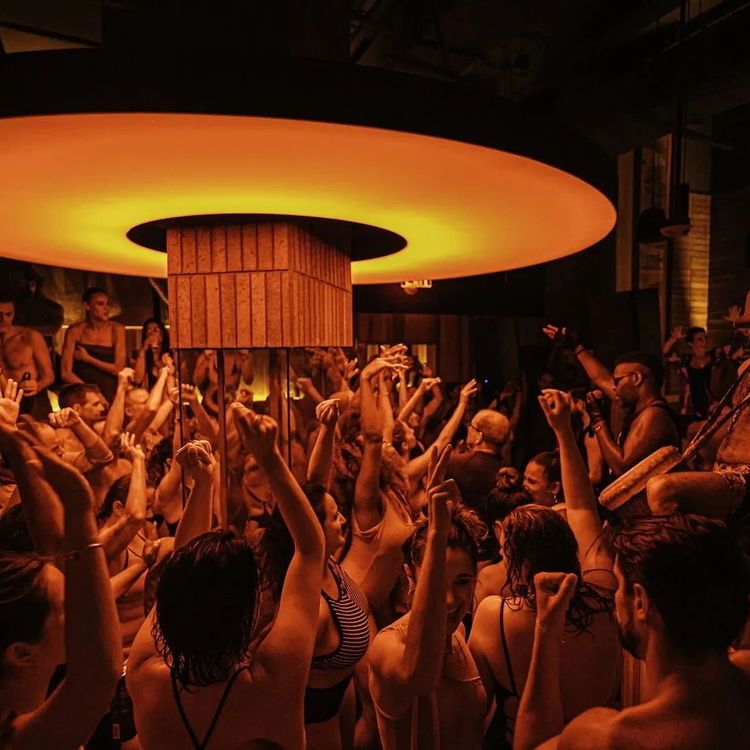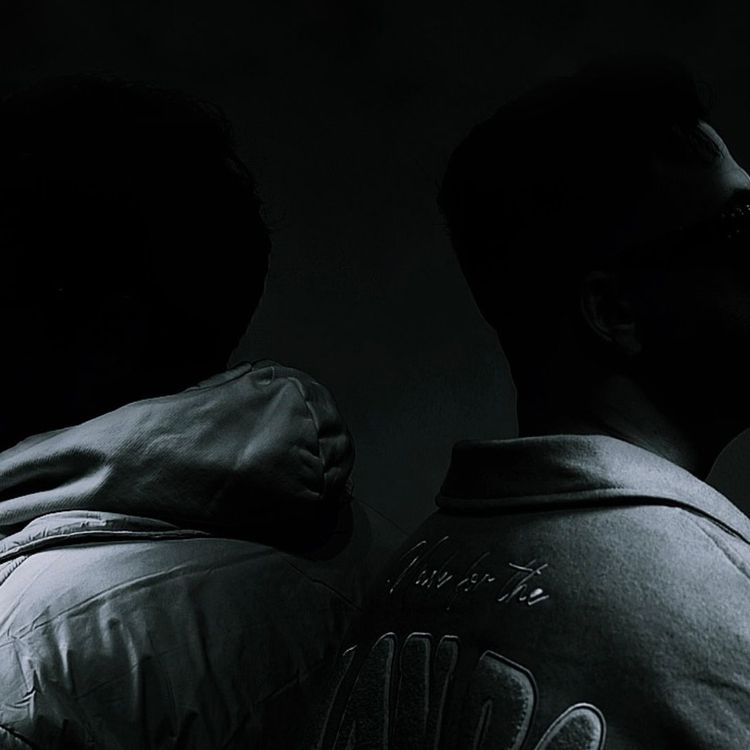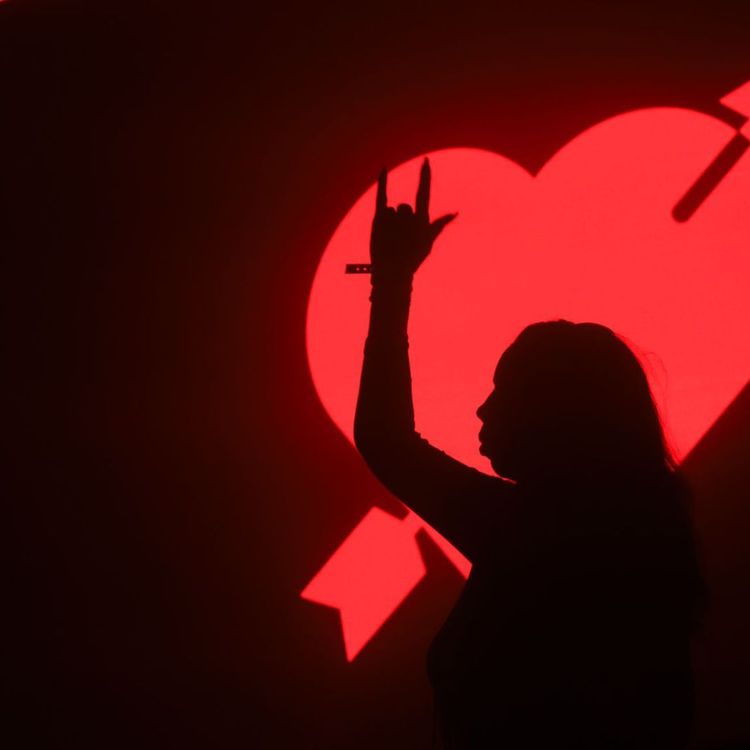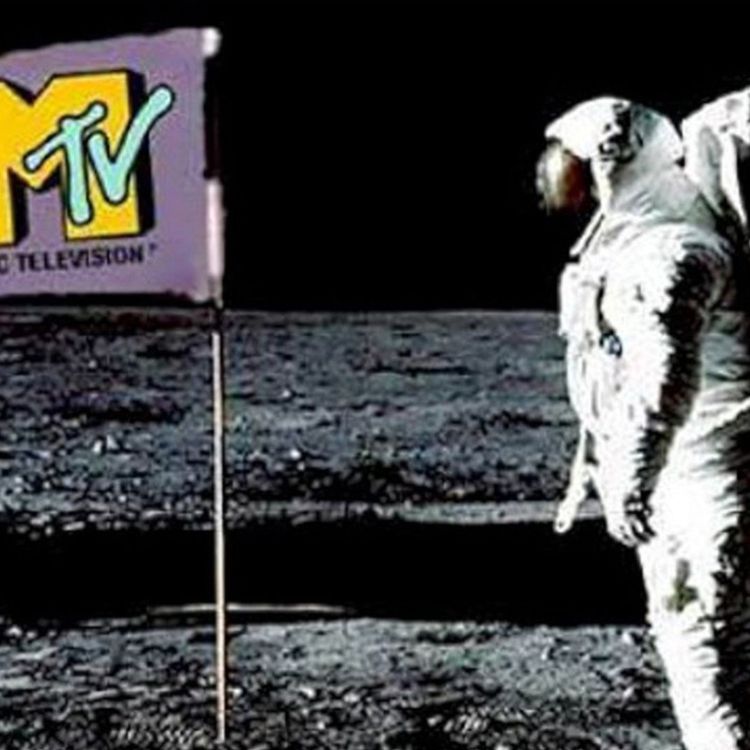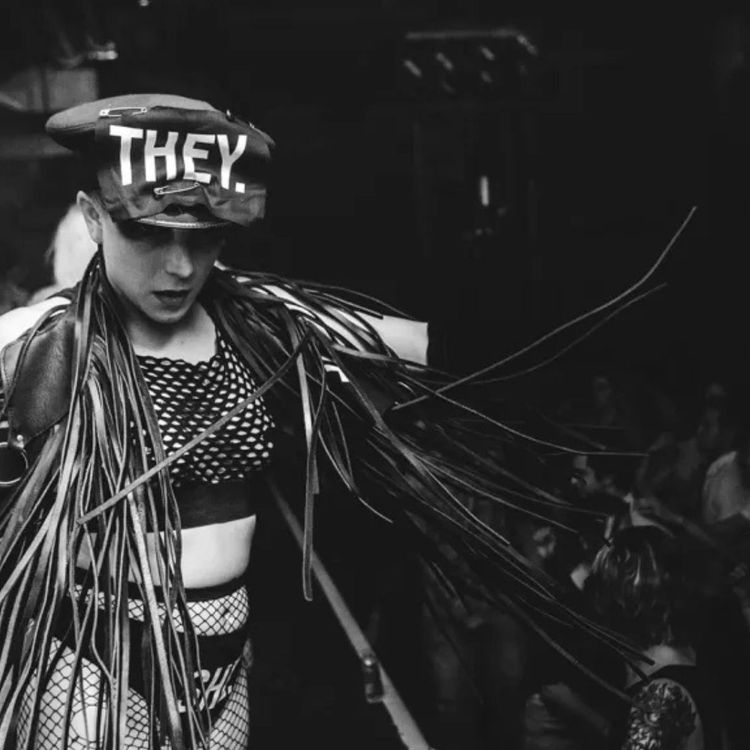From Greek Life to Nightlife Giants: A Sit-Down with Link Miami Rebels’ Coloma Kaboomsky
When joining Greek life in college, we're under the assumption that we're going to make great memories, maybe even get away from pesky curfews our parents gave us in high school, make new friends, lose a lot of sleep, and level up on our social batteries. For the former Tau Kappa Epsilons who attended Florida International University, which consisted of Coloma Kaboomsky, Lucaz Zaglul, Ricardo Mogollon (a.k.a Thunderpony), and Johan Morales (a.k.a Jay), these guys ticked off everything on the Greek life checklist plus turned their collegiate journey into a springboard for careers that would revolutionize the music scene in Miami, and elevate their brand to global renown. They threw legendary house parties which scaled their popularity. As word spread, their parties grew larger, more frequent, and began to spiral beyond their control. This often resulted in chaotic, overcrowded scenes that pushed the limits of what their fraternity house could handle. It was like the Miami Rebels version of Project X.

Eventually joining the Miami Rebels was Davide Danese, and David Sinopoli, which would later make the entirety of the group the Link Miami Rebels as one. Leveraging their fraternal bonds, these individuals harnessed their collective passion for music and nightlife, ultimately reshaping Miami's dance music landscape. Their efforts, fueled by a real feel for what's buzzing culturally, sparked the launch of iconic spots and movements like Club Space, Floyd, Factory Town, and Jolene. These ventures not only dominated the local scene but also garnered international attention, establishing them as key players in the big leagues of the music industry.

As Miami Music Week rolls around, bringing the craziest and most unforgettable week of parties the team has worked so hard to set up for us to groove together on the dance floor, it feels right to take a stroll down memory lane. Let's explore the origins of this journey. What’s the story?
We've seen how these guys have taken Miami's music scene to new heights. But what's the story behind their rise? What qualities do these guys carry that molded them into such successful business men, party goers, dancefloor neighbors, hosts, and empathizers?

Chapter 1: La Covacha Beginnings
Their story began at La Covacha, a salsa club that served as their first foray into the world of nightlife promotion and their initial testing ground in a structured environment. Here, Coloma and his team paid homage to the club's Cuban-born founders, Teresa and Aurelio Rodriguez, whose entrepreneurial spirit and dedication to running a venue inspired them. The Rebels recognized the potential of La Covacha, a club deeply rooted in tradition, to introduce something novel. With Coloma's presidency at the fraternity over, he, along with Lucaz and Jay, focused on promoting and hosting, while Thunderpony took charge of the music as he was behind the decks.

As they settled into the salsa club, they realized the potential to create something even more distinctive. This realization led to the birth of "Cove Love Thursdays," a transformation of La Covacha that would become a defining moment in their journey. Cove Love Thursdays quickly gained popularity, becoming a staple in Miami's nightlife. The Rebels' innovative approach to music curation and their keen understanding of the audience's desires turned these nights into experiences where different cultures and sounds collided.

With the underground room at Cove Love featuring music that was largely unheard of, and prominent promoters from rival clubs frequently visiting on Thursday’s, an appreciation for this underground music began to grow. Concurrently, the reputation and recognition of the Rebels also started to evolve.

The arrival of new ownership at La Covacha marked the end of the first chapter for the Rebels. Small changes, like switching from Coca-Cola to Pepsi, might have seemed minor, but they symbolized a larger issue for Coloma and his team. They believed in not fixing what wasn't broken. The decision to opt for bottom-shelf tequila over quality liquor was another point of contention. Cheaper liquor often led to worse hangovers, potentially deterring people from going out again soon, which was bad for business.

Additionally, compromising on the quality of the sound system was problematic, given that music was the cornerstone of their events. Disagreeing with these new directions, the team realized it was time to move on to the next phase of their journey. It was a “On To The Next One” - Jay-Z moment for the Miami Rebels.
Chapter 2: The Davide Link Connection
After the La Covacha parties ended, the boys were all juggling two jobs, not earning from event promotions, with Coloma delving into becoming a saltwater tank expert at his buddy's maintenance company. The club we now know as M2 in South Beach offered a Thursday opening slot and higher pay to one of the DJs on the team. True to their loyal nature, the team declined the offer, committed to building something of their own. This was a stress test for the group, and they passed with flying colors. At a pivotal moment, realizing they wanted to pursue this full-time and not be swayed by short-term gains, they chose to stay the course, valuing their hard work over immediate financial temptation.

In the aftermath of leaving La Covacha, the group found solace in going out and "angry drinking" to cope with their significant loss. Coloma, donning all black and heavy eyeliner, received a photo of himself looking visibly distressed, which served as a wake-up call to shift his mindset. Another key moment was the persistence of Milan-born Davide Link in ensuring the guys received their modest $150 checks. Coloma began to forge a relationship with Link, who was the head promoter at Electric Pickle, and admired his integrity—a stark contrast to other promoters who often avoided paying their hosts. Their mutual respect and shared experiences as struggling immigrants, along with common interests in history, music, and cultural development, laid the groundwork for a promising collaboration.

Without a car, Coloma struggled to meet with Davide to collect his checks, but after weeks of persistence, they finally connected. This meeting marked the beginning of a fruitful partnership.

Chapter 3: Tales of Tree House
Davide was running Sunday nights at Tree House in 2011, a time in Miami when entry to a nightclub often required a dress shirt, and men frequently faced rejection at the doors. The scene was reminiscent of Vegas-style nightlife, where being surrounded by attractive women typically meant dropping bands on a table. During this era, Link was managing nights at Electric Pickle and Space Loft, previously known as Techno Loft, in addition to Sundays at Tree House. Coloma played a significant role at Electric Pickle, not only as one of the few promoters buying bottles but also by bringing in crowds and introducing them to new sounds in a then-small underground scene.

Promoting Sundays at Tree House was like pulling teeth. By this time, Coloma had some experience booking artists, having brought Danny Daze and legendary producer Ewan Pearson to La Covacha, where Ms. Mada was already a regular DJ (quite the OG). Halloween 2011 marked the first collaboration between the Rebels and Link, leading to the birth of the first "Link Miami Rebels Presents." The initial parties were modestly successful, breaking even and netting a small profit of $50. Impressed, the general manager of Tree House appointed them as head promoters, granting them the freedom to host events any day of the week.
Coloma shared the extensive efforts put into remodeling Tree House, highlighting Greg, a key member of the Tree House team who believed in the Link Miami Rebels. Greg, who became like family, worked tirelessly alongside the team. Coloma recalls being covered in dust and sweat, navigating through tight spaces to run cables throughout the club. The team's dedication was evident as they spent long hours planning and booking from Davide’s dining room table, which doubled as their office, fueling their workdays with pasta and focusing on filling Friday nights at Tree House. Ms. Mada, now a Space resident DJ, was Davide’s booking assistant at this time.
With Fridays at Tree House gaining momentum and the team sharing the earnings for groceries and rent, Lucaz and Jay took on hosting duties, and everyone found their rhythm. Considering the possibility of adding Saturday nights, Coloma weighed the city's dynamics, the audience, and the competition. He credits his competitive mindset to Michael Porter's "Competitive Strategy," a book he says is deeply ingrained in his thinking.

Their first Miami Music Week in 2012, running from Tuesday to Tuesday, was an epic marathon of bookings. Reflecting on the event flyer, Coloma notes the fleeting nature of DJ careers, highlighting the Miami debuts they organized for Tale Of Us, Apollonia, Drumcode, and Paco Osuna’s Mind Shake, while observing that most of the other 100 names are no longer relevant today.
Chapter 4: Attention to Detail
Link Miami Rebels were dominating three nights and, by their second year, caught the attention of David Grutman. For those unfamiliar, Grutman is a titan in the music industry, owning several Miami-based venues and recognized by Rolling Stone as one of the 50 most important people in dance music. His main talent buyer, impressed by the Rebels' work, proposed they run Underground nights on Saturdays at Story, a club about to launch. This era saw LIV thriving with hip-hop and EDM nights. Before becoming Story, the venue was known as Open Garden and Amnesia.

At this point, the Rebels were hosting EDM nights at Tree House on Wednesdays, Fridays, and Saturdays. However, Tree House was becoming too cramped as attendance grew. Coloma detailed the meticulous design efforts that transformed Tree House into a gem, highlighting the unique decor built by Greg, a key team member.

Coloma described the interior with a sense of pride and nostalgia, highlighting the walls adorned with beautiful red lighting that illuminated the wood beneath. This woodwork was not just any ordinary finish; it was covered with antique frames and an assortment of little knickknacks, creating an ambiance that was immersive. The main room boasted a chic red line, complemented by unique red light tubes that seemed to mimic the appearance of lasers—items so unique that even Coloma admits he's been unable to find them since. The bar was a masterpiece in itself, a full-width glass top marvel that housed an astonishing collection of about 2,000 forks, knives, and spoons, packed tightly within.
The DJ booth, another handcrafted creation by Greg, was tailored to the exact specifications desired by the team. Greg even went as far as to dismantle and rebuild the DJ booth to lower it by three inches, a minor adjustment that made a huge difference. Greg adorned the front of the DJ booth with an array of pickled pig's feet and eggs, all encased in glass jars and lit in a way that transformed them into eerie works of art.

The narrative shifted when the Tree House owner began interfering with the Rebels' programming and marketing. Despite the Rebels and Greg's deep understanding of club culture and nightlife essentials, the owner saw only profit, often clashing with the team's vision. This friction led to Greg's departure and the arrival of a new manager who didn't share the Rebels' vision made it challenging to consider Tree House home.
Chapter 5: Bittersweet Goodbyes’
David Grutman gave Coloma and his crew the green light to shake things up at Story nightclub, aiming for an underground vibe and a more intimate feel. They got to call the shots on everything from the playlist to the lighting, making the dance floor more inviting by ditching some tables. This was a big shift from what Grutman usually did, and they went all out with cool decorations like ceiling-hung baby dolls and massive inflatable flowers to set the scene.
But back at Treehouse, things were going south thanks to a new owner who just didn't get it. His bad calls, like painting tables black in an already dark space and skimping on furniture, really killed the vibe. With the place also falling apart due to neglect, Coloma's team decided it was time to double down on Story and leave Treehouse behind.
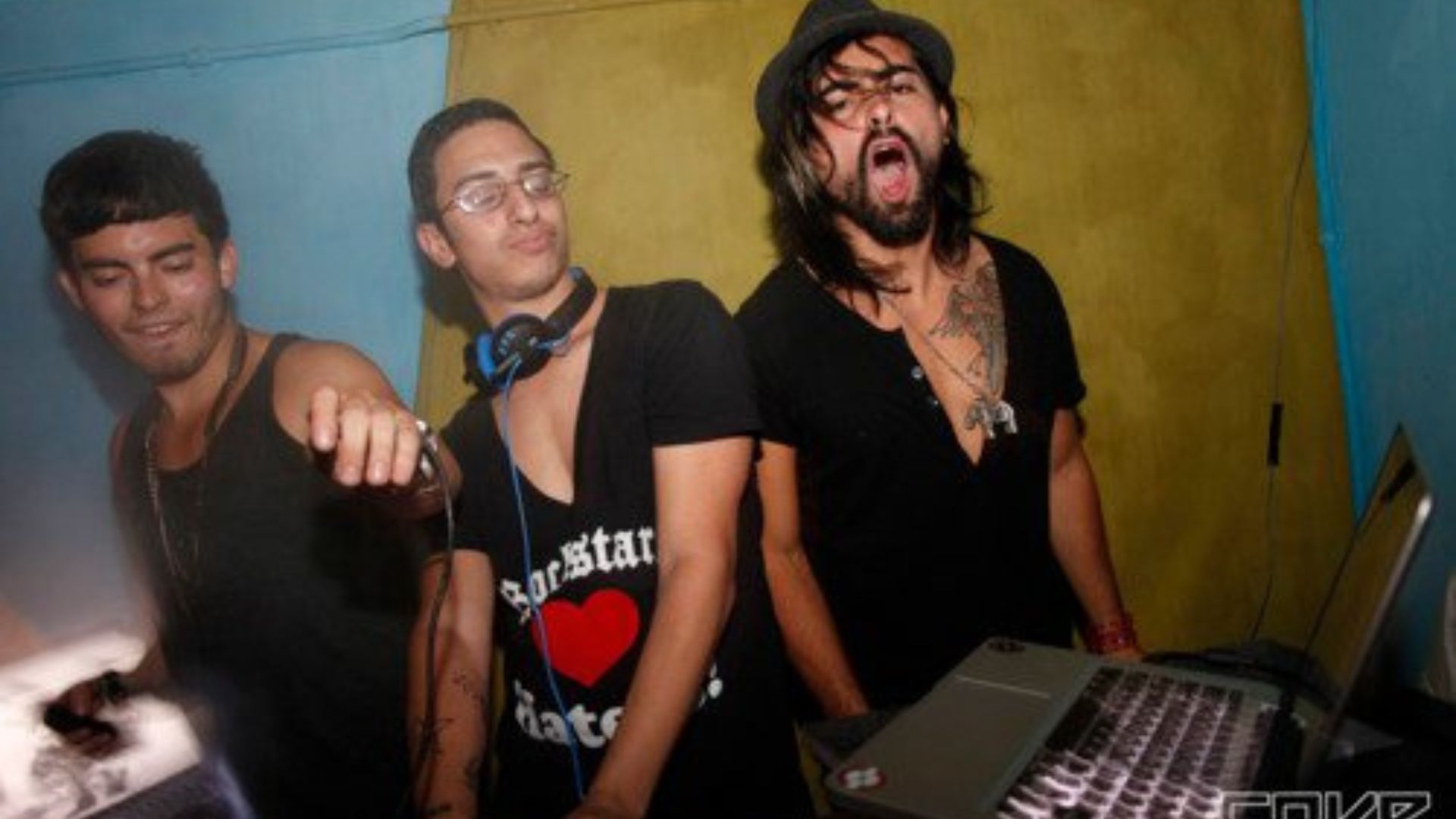
That decision hit hard when Coloma went back for something he'd left behind and found their hard work being trashed. Diving into a dumpster to save a painting and some cutlery – memories of their Treehouse days – was a low point. He didn't even remember his jacket; he was too caught up in saving these pieces of their past. With the taxi driver's help, he managed to lift and drag these 100-pound bags, filled with all these pieces, into the trunk. One of those paintings now hangs in the Link Miami Rebels office, a bittersweet token of what they built and had to leave behind at Treehouse.
Chapter 6: Hustling at Trade
During this key time, Coloma and the crew had to hustle to find a new spot for their events since Treehouse was booked solid and Story wasn't an option. They landed on Trade, a spot with roots in the legendary gay club Score on Washington Avenue. Trade offered more room and a fresh beginning. Billy and Louis, the owners, were all in, giving the Link Miami Rebels a handshake deal to bring their Friday vibes to Trade, no contracts needed, just mutual respect and a shared vision.
This move wasn't just about switching venues; it was a game-changer for the vibe of their nights. Trade was known as a gay club, and diving into this new scene gave them a chance to mix things up and push against the usual nightlife divides. Sure, some folks were hesitant at first, but Coloma and his team were all about creating a space where anyone could come to party, no matter who they loved. It was a strong step toward making Miami's nightlife more inclusive.

Shifting to Trade meant they had to fill a bigger space, almost doubling their crowd. They were up for the challenge, bringing their straight-following crowd into a venue celebrated by the LGBTQ+ community. This wasn't just about finding a new club; it was about making a statement for unity and diversity in Miami's party scene, and setting a new vibe for what clubbing could be about.
When they started at Trade, they got into offering table service, learning the ropes in a club so dark you'd think you were dining in a dungeon. Initially, their table service was a hit or miss; some guests couldn't handle the darkness and bailed, but others loved it and became loyal supporters. Those early supporters, who thought nothing of dropping $1,200 on a table, were lifesavers. They probably didn't realize how crucial that support was for the guys, helping them stay afloat during the first tough months.

They were paying more for bookings and suddenly had to compete with the very scenes we helped build at Electric Pickle and Treehouse. Coloma says it felt like they were starting from scratch, facing off against their own successful past ventures. Trade was challenging; they had to hustle harder, bring in more people, and adapt to a club environment that was quite different from what they were used to. The effort paid off during our first music conference at Trade, which was a massive success, leading to better bookings and a more sustainable operation.

However, just as things started looking up, the rent for Trade skyrocketed, putting pressure on them to expand beyond just Friday nights. Despite the challenges, including learning how to manage a bigger club and going against the mainstream current of hip hop and EDM with their darker, tech-house vibe, they started to see real progress. Trade's success taught them a lot about resilience, adaptability, and the importance of community support in the nightlife business.
Chapter 7: The Introduction of Club Space
The Link Miami Rebels' involvement with Club Space began during a period of transition for the club. The previous owners, including Roman Jones, who is well-known in the Miami nightlife scene for owning several establishments, were not as engaged with Space, focusing more on their other ventures that offered fancy table service. Space, with its unique programming and extended operating hours, presented a challenge due to its high operational costs and the intensive labor required to run a club that could stay open for up to 12 hours at a stretch.

Internal disputes among the partnership and a shift in focus led to the sale of Space to a new group, which included Justin Levine, a highly respected businessman with a broad portfolio of ventures across the country. Levine became a mentor to the Link Miami Rebels. The situation at Space became more complicated when the original owner opened a competing club nearby, creating a tough competitive environment for Space.

By the summer of 2016, Space was struggling and in need of revitalization. Recognizing this, the Link Miami Rebels proposed hosting a pop-up event at Space. The event was a success, drawing rave reviews from attendees and marking a significant moment for both Space and the Rebels. The previous owner, recognizing them as the right fit for the venue, offered to sell the club to the Link Miami Rebels. They invested every penny they had to become the new owners of Space, marking the beginning of a new chapter for the iconic Miami club under their leadership.
Chapter 8: Art Basel Chaos 2016
The inaugural event at Space under the Link Miami Rebels' ownership, featuring Tale of Us and Luciano during Art Basel, was pivotal for the club's future. The evening was fraught with financial pressure and high expectations. However, an unforeseen challenge arose when Tale of Us had to cancel due to illness, putting the event at risk. In a serendipitous turn of events, the Martinez Brothers, initially present as guests, stepped up to perform. The spontaneous b2b with Luciano went off and this clutch move turned what could've been a disaster into a legendary night, kicking off the Rebels' reign at Space with a bang. And the rest was history.

Chapter 9: The Timeless Mission of Club Space
Club Space stands today as our sanctuary. My conversation with Coloma shed light on the immense challenges, stress, and collective effort it took to establish this empire. He shared that the key lesson from nightlife is the pursuit of balance—a perpetual struggle but one that brings us closer to equilibrium. This balance encompasses treating oneself and others with care, emphasizing the importance of chosen family and community.

Coloma's perspective on stepping back or retiring was insightful. He recounted a memorable quote, "When you retire, you expire," highlighting his belief in continuous work. For him, places like Club Space and Factory Town aren't just spots to hit up on the weekend; they're stepping stones for the community, provide artists with a livelihood, and a place where everyone can find their groove. It’s about making sure these dance floors in Miami are alive and kicking for generations to come.
“For me, the absence of Club Space in Miami would be a tragedy, not just because I'm the businessman behind it, but because it's a place where the city and its people truly thrive. It's an environment where everyone, no matter what age group, can come together, transform, and express themselves. It's about more than just dancing; it's about the anticipation, the preparation, and the joy of going out. This keeps our community vibrant, giving everyone a sense of purpose and youthfulness,” Coloma says.
After this conversation with Coloma, we have learned that the Link Miami Rebels are all about keeping Miami buzzing with life. They’re on a mission to make sure the city's always filled with art, music, and a whole lot of heart. It's all about making sure everyone feels connected, purposeful, and young at heart, fighting off the loneliness that can sneak up in today's world.
Chapter 10: Miami Music Week 2024
Miami Music Week is just around the bend, and with 50 different parties taking place, the Link Miami Rebels are in overdrive, lining up some of the city's most anticipated shows. The party's kicking off at Floyd, Club Space, Factory Town, and Jolene, and the buzz is electric. If you're as mad about music as we are, it's time to limber up and lace up those dancing shoes—it's going to be a marathon! Grab your tickets for MMW events below. See you on the dance floor!
Repopulate Mars / Experts Only
Thursday Music On x Black Book

